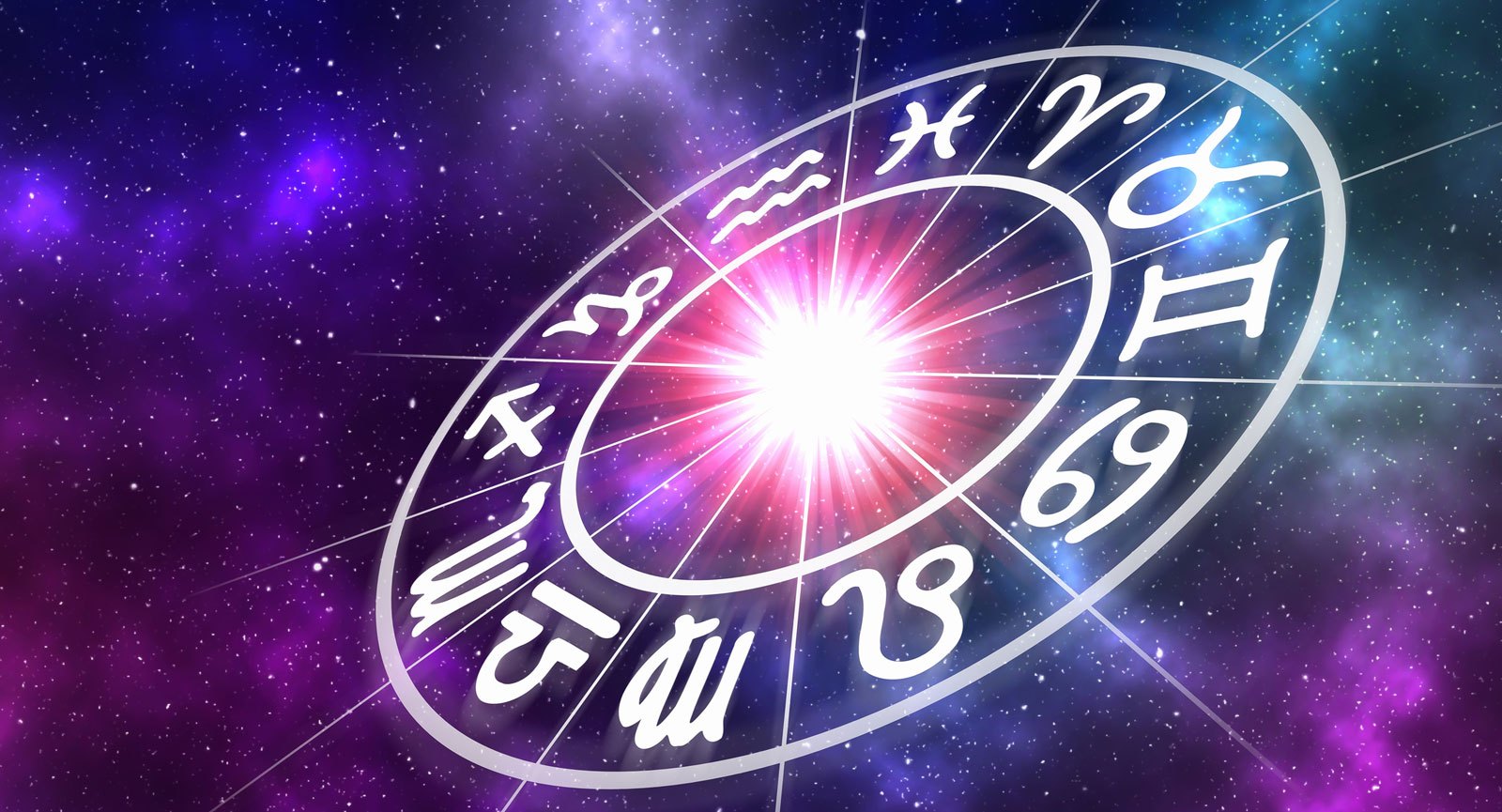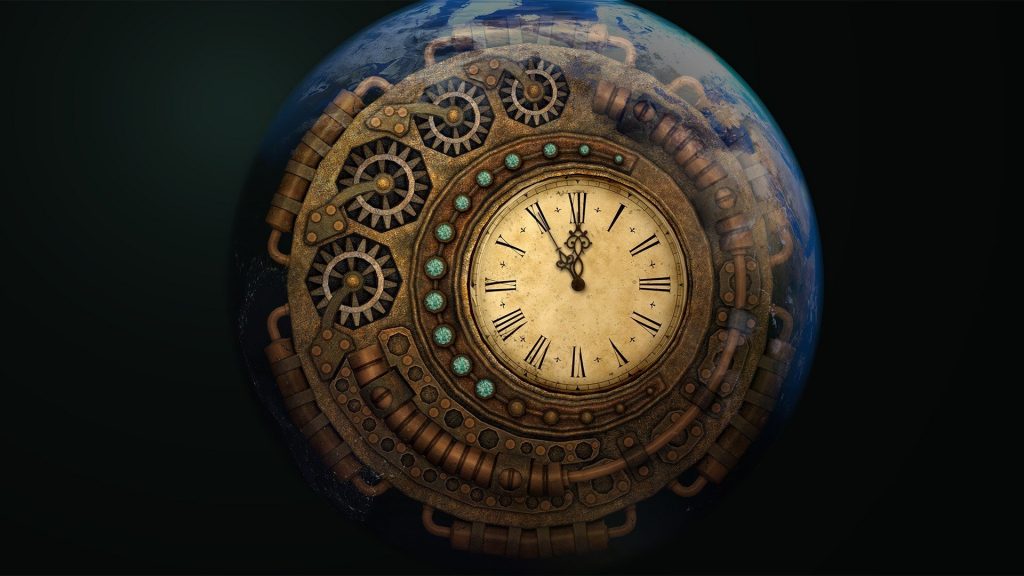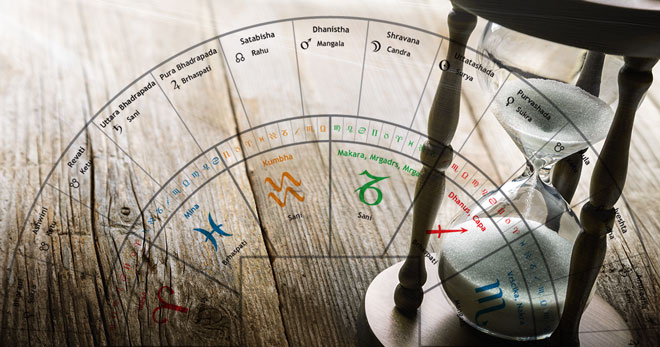What are Dashas in Astrology?
Introduction to Dashas – Meaning and its Significance in Astrology

Astrology attempts to study the movements and the positions of celestial bodies and the effect they have on terrestrial events, including human life. Astrology takes various factors into account to arrive at specific conclusions. It includes several belief systems, often not compatible with the scientific method, that claim planetary positions have a direct influence on human lives. Additionally, d
An Introduction to Dashas
Dashas play an important role in astrology and affect several events in an individual’s lifetime. If astrology is the way to analyze the effects of planetary positions, then Dashas are the way to know when the effects will take place. In other words, Dashas include the transit, the ruling, periods of planets and heavenly bodies.
There are several instances where contradictory indications occur where there are opposing forces influencing the birth chart. The Dashas will help you determine when each incident will occur. Dashas are the systems astrologers use for determining the time of potential fruitful and unproductive events in various aspects of life.

Popularity of Dashas
Among several Dasha systems, Vimshottari Dasha is the most significant one with nakshatra-based foundation. This popular Dasha system incorporates Nakshatras to determine the beginning of Dasha cycle. It’s also one of the types of Mahadasha that includes Antar dasha, Pratyantar dasha, Sookshma dasha, and Pran dasha.
While determining an individual’s birth chart, it’s important to note the movement of each planet through Antra Dasha in the period of Mahadasha. Dashas in Astrology claim that every planet gives distinct results based on the Dasha or the Antar Dasha. These include auspicious and inauspicious results based on the positions in the period of Mahadasha.
Mahadasha and Dasha Bhukti
To start with, every Mahadasha is further divided into a planetary period called Dasha Bhukti Period. Here is the list of the duration of each planet during its Mahadasha:
Sun for 6 years
Moon for 10 years
Mars for 7 years
Rahu for 18 years
Jupiter for 16 years
Saturn for 19 years
Mercury for 17 years
Ketu for 7 years
Venus for 2 years

In these years of Mahadasha, that happen to be different Dashas in Astrology, every prime planet can also observe the Dashas of other planets. This is specifically called Antar Dasha. The prime planet, with the Lord of Antar Dasha, give their effects. Taking these readings into account, you can arrive at specific auspicious and inauspicious incidents. Inauspicious results are the effects of the Antar Dasha of a malefic planet combining with the Mahadasha of the prime planet. Likewise, auspicious results are the results of Mahadasha of the prime planet meeting an auspicious planet in Antar Dasha.
Due to the transition period, when Dashas change, there will be major shifts in energy, resulting in a sudden change in someone’s behavior. This can be observed in advance by studying the preceding Bhukti period.

More About Dasha Bhukti
We already know what Mahadasha means and its divisions called Dasha Bhukti. Going further, it’s important to notice that last Bhukti of each Mahadasha is the opening phase or the transition time for the next Mahadasha to begin. This means the last Bhukti of a planet and the combination with the upcoming planet will have different effects depending on the planets in focus at that time.
There will be varying effects of Antar Dasha for each Mahadasha that depends on the strength of the Dasha Lord. Their relationship is very similar to that of a driver and his vehicle. This means, Mahadasha is the vehicle and Antar Dasha is the driver. For the vehicle to cruise well, the driver should drive and also control the vehicle properly. There will always be some limitations in the vehicle though.
Every Antar Dasha is again divided into Paryantra Dashas that follow the Mahadasha with identical order and in proportional length.
Vimshottari Dasha System
The introduction to dashas includes Vimshottari Dasha that follows a 120-year cycle and, for this reason, an individual cannot experience the Mahadashas of all the planets. The effects of a Dasha an individual experiences depends on the number of degrees the moon has travelled in the Nakshatra. According to this calculation, the first Dasha diminishes proportionately.

The Final Word
Taking an Introduction to Dashas is the first step for learning a simple and practical approach to Vedic Astrology. While studying the Dashas and their effects, Nakshatra is the prime factor to determine the Lord of the Dasha. If these two are compatible with each other, the results will also be positive.
Comments
Post a Comment